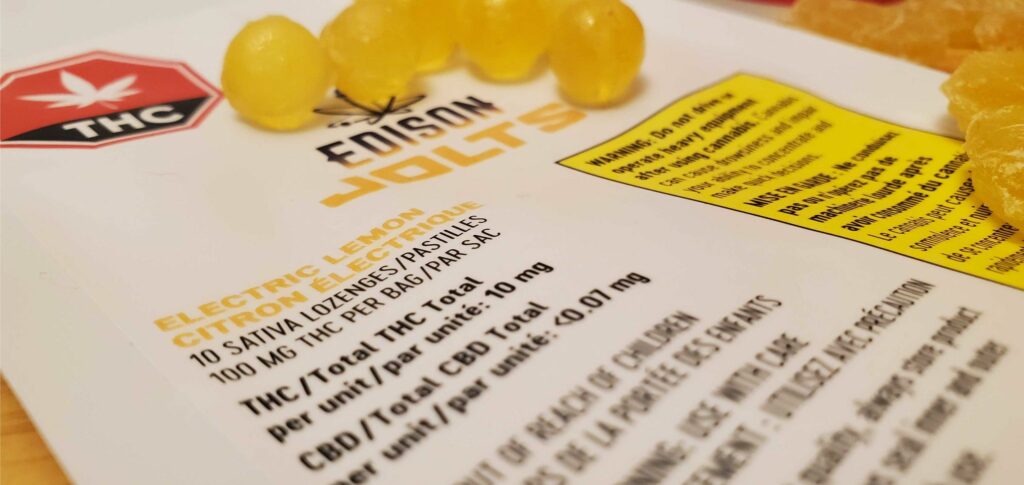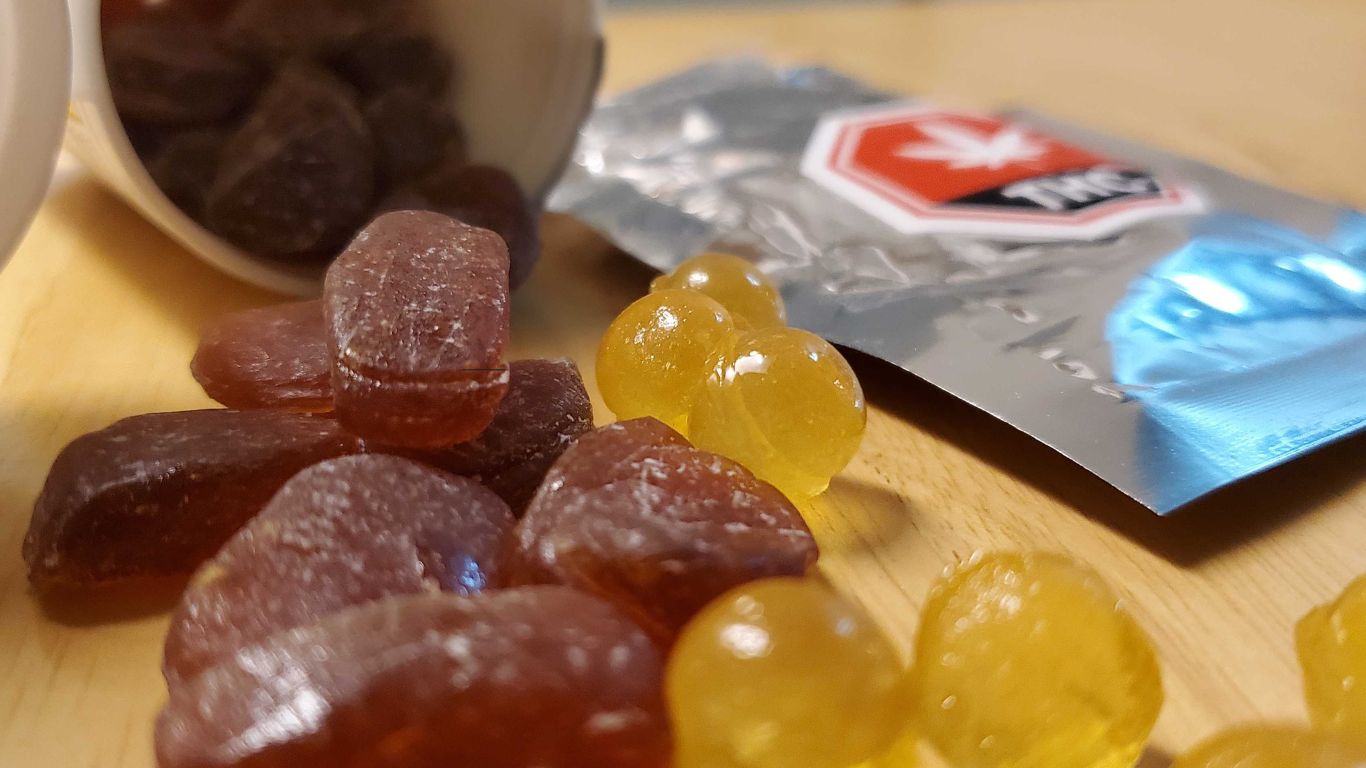:format(webp))
CANADIAN COURT HAND PARTIAL WIN IN “EDIBLE EXTRACT” CANNABIS DISPUTE
One small step for the cannabis industry, one giant leap for cannabis consumers.
Health Canada breached its duty of procedural fairness when it decided that licensed producer Organigram Holdings lozenges should be classified as edible cannabis rather than extracts, a federal judge said in granting the company's application for judicial review. Justice Cecily Strickland saw to it that Canada's health department reviewed its initial decision and made a new determination involving the lozenges, known as Jolts. Millions of dollars could be at stake in the outcome of the legal dispute, given that cannabis extracts are potentially a much more lucrative product than edibles under Health Canada's classification system for ingestibles.

In a recent interview, Organigram CEO Beena Goldenberg said the decision is a “win" for the company, even though Health Canada might ultimately return with the same decision. "Our decision to seek a judicial review was unprecedented in the cannabis industry," she said. Still, the federal court did not address Organigram’s key assertion that Health Canada had treated the company unfairly by deciding Organigram needed to yank Jolts from store shelves years after they were introduced into the market. The Moncton, New Brunswick-based company had asked the court to quash the Health Canada decision, saying the ruling effectively killed off the market for the products, which had become an increasingly popular segment of the struggling cannabis sector.

Still, Strickland's decision is historic when it comes to the cannabis industry. It was the first time a licensed producer applied for a judicial review of a decision made by Canada's federal government. Organigram originally launched Jolts in August 2021, and Health Canada's crackdown on extracts wasn't evident until early 2023. The distinction between a cannabis edible and extract has major implications for the marketability of those products in Canada. That's because any cannabis product classified as an extract has 100 times more allowable THC per package than a product classified as an edible, making it more appealing to some consumers. It's unclear how long the regulator will take in making its redetermination, but essentially what the justice is saying to Health Canada is they have to reissue the compliance letter, and you have to give Organigram the opportunity to respond to it, so it could take a while. Organigram went to the federal court with a plea that the minister's decision was unreasonable.

"When all of the circumstances of the case are taken into account, I find that there was a breach of procedural fairness arising from inadequate notice of Health Canada's reliance on a factor contained in the Compliance Promotion Statement and, as a result, that Organigram was not afforded a meaningful opportunity to respond to that concern and thereby prejudiced in its ability to respond to that concern," the justice noted in her decision. According to Strickland, Health Canada made the key decision based in part on an internal document called the Classification Policy, which was not referenced in the federal agency's decision involving the lozenges. The Classification Policy focuses on the classification of ingestible cannabis products and is dated Sept. 8, 2022.
The justice’s decision is available here: https://www.dropbox.com/scl/fi/hrvqvhpqo0k9xhjihlyub/Organigram-Inc-and-Minister-of-Health-and-AG-of-Canada.pdf?dl=0&rlkey=kj8k5o8pl5g9z7gsx57uwch3t
:format(webp))